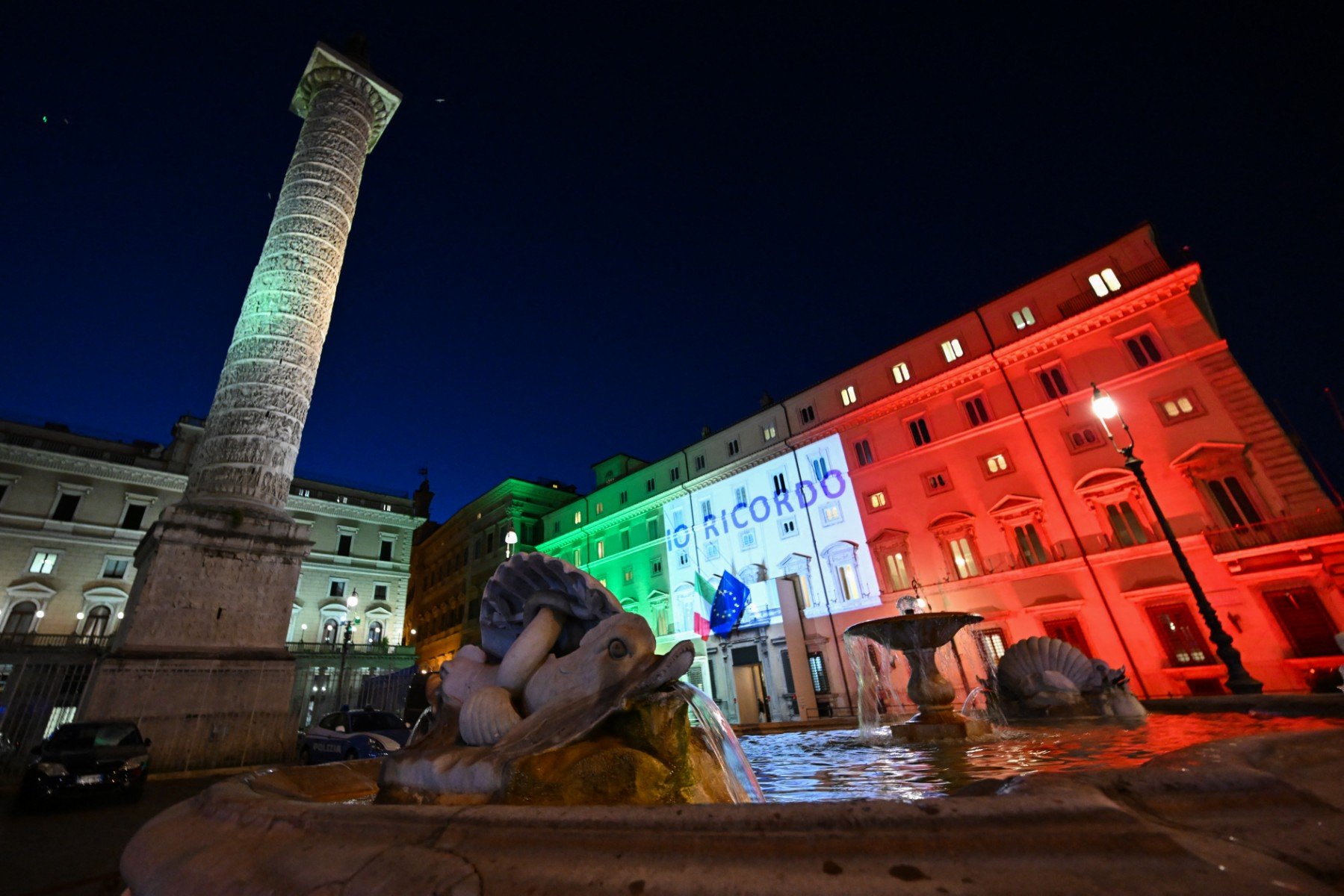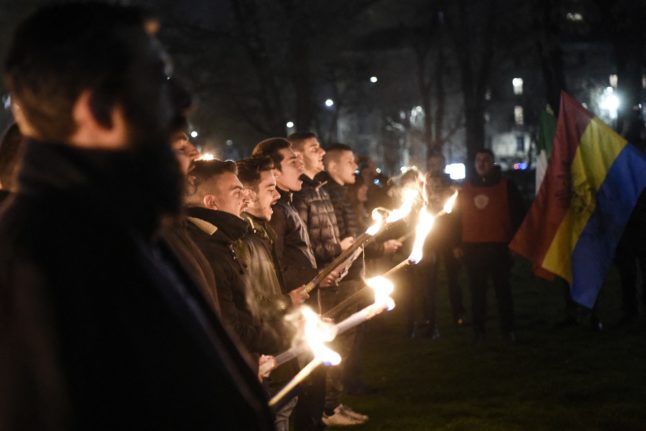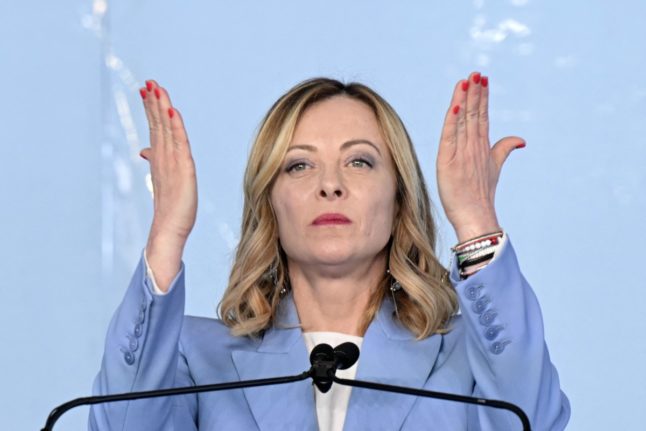Since 2004, February 10th has been a national day to remember the so-called Foibe killings, when thousands of soldiers and civil servants working in what had been Fascist Italy were executed by Tito’s partisans, their bodies thrown into sinkholes.
But Prime Minister Giorgia Meloni’s hard-right government has particularly embraced the event, last week announcing a new Rome museum dedicated to the victims.
The day is a chance “to pay homage to the memory of those who died at the hands of the communists”, said Ignazio La Russa, Senate speaker and co-founder
of Meloni’s post-fascist Brothers of Italy party.
Not everyone shares the interpretation of La Russa – notorious for collecting busts of the late Fascist dictator Benito Mussolini – of what was in fact two rounds of killings, followed by the mass flight of Italian speakers from what became Yugoslavia, then Slovenia and Croatia.
The first massacre came in 1943, after Nazi Germany’s ally Italy signed an armistice with the US and Britain.
READ ALSO: Italian film tells uncomfortable story of partisan WWII massacres
Historian Eric Gobetti said it was “a consequence of violence committed by the Italian Fascists against the Yugoslav national minority, Slovenians and Croats, who after the capitulation of Italy, took revenge”.
The reprisals were “not against all Italians but some Italians who represented the Fascist state”, Gobetti, an author of a book on the Foibe, told AFP.
The second massacre in 1945, after the end of the war, was more akin to a “settling of accounts” between the Yugoslav forces who freed the territory and those who fought alongside the Nazis, as was also seen in France, he said.
“The victims were essentially collaborators with the Germans, civilians but above all military,” Gobetti said.
Whereas the prevailing narrative in Italy is that the Italians were wholly innocent victims, Gobetti and other historians emphasise how the Fascist regime abused minorities in the region.
‘Climate of violence’
The experts also contest the numbers of people who died in Foibe, named after the Italian word for sinkholes into which the victims were thrown, sometimes alive.
Gobetti said a “maximum of 5,000” people were killed, while the Federesuli, an Italian association representing the exiles of the time, claims a number between 6,000 and 10,000.
A similar divergence exists in estimates of how many people were displaced after the post-war border changes, when Italy lost territories acquired in World War I.
READ ALSO: Six lesser-known World War II sites to visit in Italy

For historians, around 250,000 people were exiled, whereas for the Federesuli, it was 350,000.
“Some 90 percent of the native Italian community left because of the climate of violence imposed by Tito’s communist regime”, finding themselves living in refugee camps set up by Italy, said Lorenzo Salimbeni, a spokesman for Federesuli.
Fascist nostalgia
“Politicians nostalgic for Fascism have always exploited this story to present themselves as victims of WWII instead of executioners, when in fact
the Italian Fascists contributed to starting the war,” said Gobetti.
This narrative was enshrined in the 2004 law setting up the national memorial day, passed under the government of Silvio Berlusconi, but backed by opposition parties, and taken up by the media.
In this context, “anyone who remembers the actual historic facts is considered to be denying the Foibe” – while in some debates, the massacres are put on the same level as the Holocaust, Gobetti said.
Salimbeni of the exiles’ association welcomed news of the new museum to the Foibe, which he said followed work of previous governments “of left and right”.
But this reinterpretation of history in Italy has sparked outrage among its neighbours.
In 2019, Slovenia accused Rome of “unprecedented historical revisionism” over the massacres.
It was speaking after then-Interior Minister Matteo Salvini, now Meloni’s deputy prime minister, compared the children who died in the Foibe to those who died at Auschwitz.
“Fascism was a fact and its objective was destroying the Slovenian people,” Slovenia’s then-premier Marjan Sarec said.
By AFP’s Gildas Le Roux



 Please whitelist us to continue reading.
Please whitelist us to continue reading.
Member comments